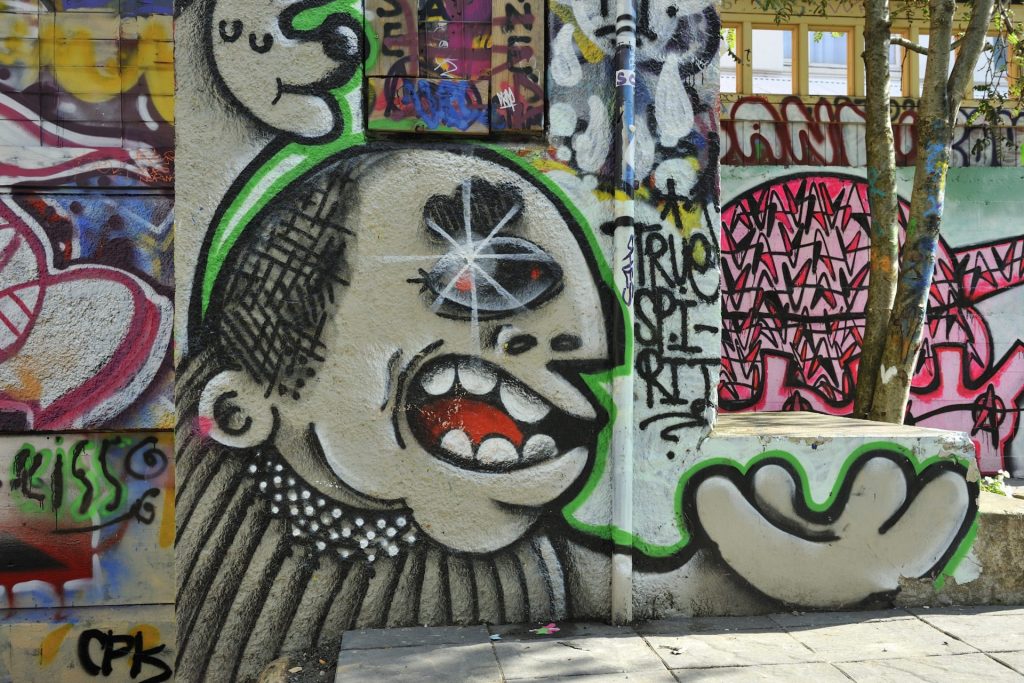Engagement with the arts can help societies counter economic, cultural and political divisions, new research co-ordinated by psychologists at the University shows.
The study provides evidence that the arts can act as a key social psychological catalyst that can foster and maintain social co-operation.
Researchers, including a psychologist at the University of Lincoln, used data from a national UK survey of attitudes to establish that people’s greater engagement in the arts predicts ‘prosociality’, whereby people were more likely to volunteer and give to charity over a two-year period.
Professor Dominic Abrams at the School of Psychology was the corresponding author on the research, entitled The Arts as a Catalyst for Human Prosociality and Cooperation, working with first author Dr Julie Van de Vyver at Lincoln.
The researchers, who also worked with charity People United and were supported by grants from Arts Council England and the Economic and Social Research Council (ESRC), made use of data from the ESRC’s Understanding Society annual national longitudinal survey of 30,476 people in the UK.
Read more at the Kent News Centre. The full article is available here.

